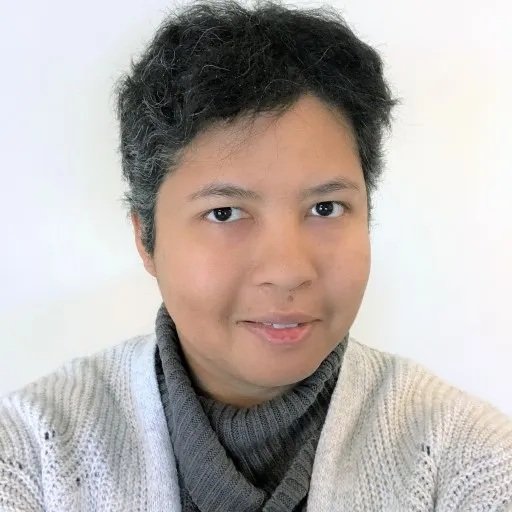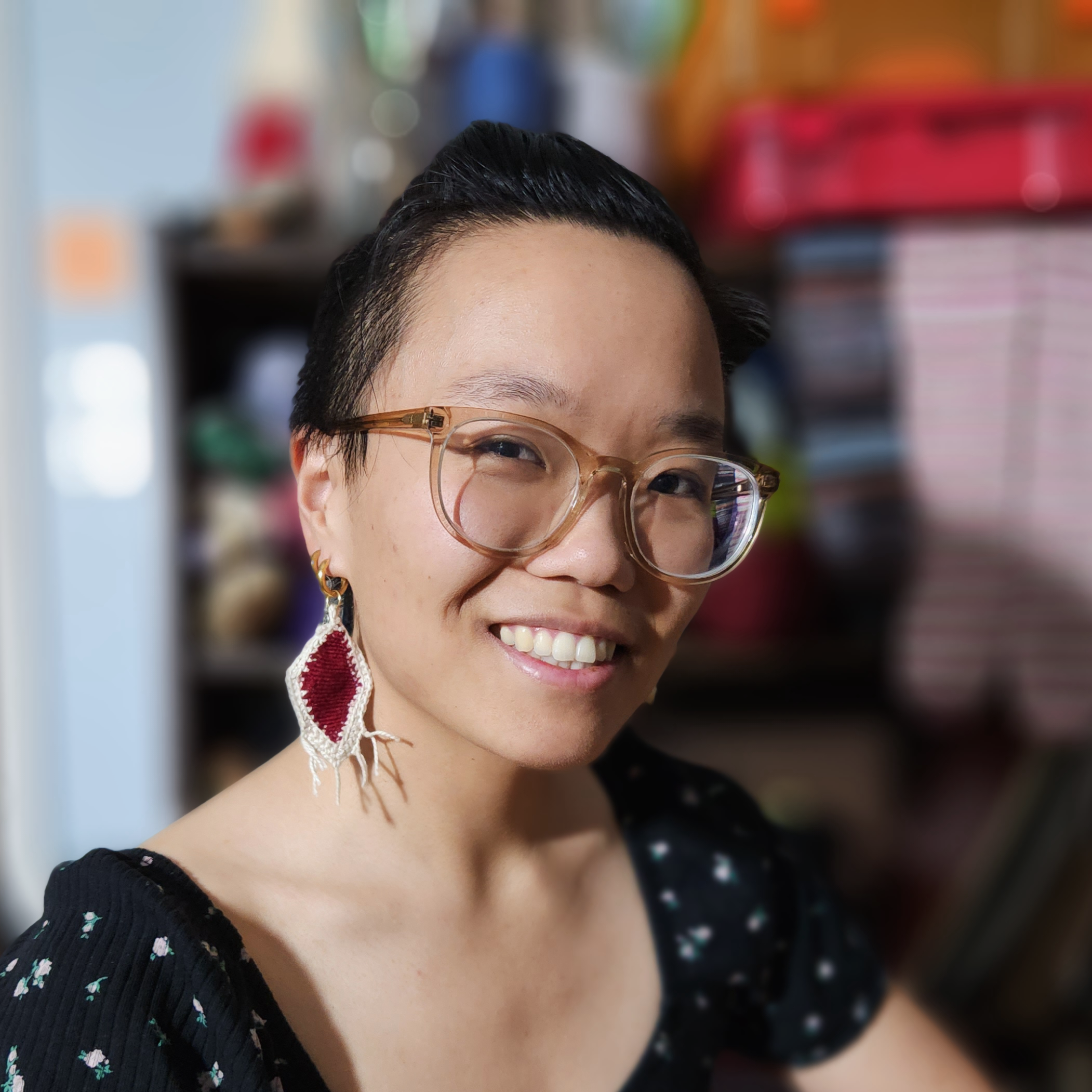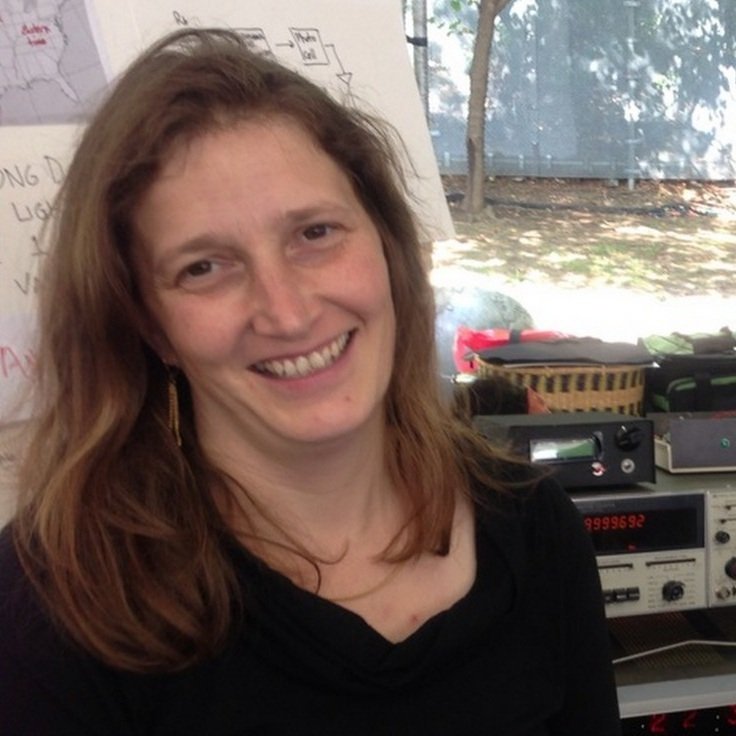
Open Hardware Creators in Academia
The Open Hardware Creators in Academia Fellowship celebrates advances in open hardware throughout higher education. The Fellowship recognizes leaders in their fields doing open hardware and invites them to create content to assist other academics in their open hardware journey. This award amplifies the importance of time spent creating documentation and information in the academic community that will further the movement as a whole and value the work of doing open hardware and partnering with mentors, industry, and other institutions as a team effort to collaborate, build upon, and expand the work of open hardware being created under the academic umbrella.
Meet the Fellows
AnnMarie Thomas
Professor
University of St. Thomas
Dr. Carlotta Berry
Professor
Rose-Hulman Institute of Technology
Dahl Winters
Ph.D. Candidate
Colorado State University
Jonathan Balkind
Assistant Professor
University of California, Santa Barbara
Kevin Eliceiri, Ph.D.
RRF Walter H. Helmerich Professor of Medical Physics and Biomedical Engineering
University of Wisconsin at Madison
Manu Prakash
Professor
Stanford University
Miriam Langer
Professor of media arts/cultural technology
New Mexico Highlands University
S Wu
PhD candidate
University of Colorado Boulder
Zsuzsa Márka
Scientist
Columbia Astrophysics Laboratory
Enabling Practices:
Creating and Advocating for Open Source Hardware in Academia
This documentation is a write up of the 2022-2023 cohort’s collective thoughts and writings, facilitated by Lecia Ductan, Alicia Seidle and Allen Gunn. This does not insinuate that all of the participants or their organizations endorse all of the parts of the document.
While creating these documents through the lens of shared ‘Best Practices’, the cohort quickly recognized that their University structures, even limited to an American cohort, were so vastly different, that one set of best practices would not suffice. Some academics owned their research and others did not, some had a form of Tech Transfer Office and others did not, many spanned the landscape of positions one could hold at a University. Some had their Dean’s support in open hardware and others did not. Depending on these differences, “best practices” varied drastically. Some enabling practices may not be a one-size fits all solution, but our fellows and the universities they navigate represent a broad spectrum of American universities. We shifted the terminology to enabling practices to encompass more types of universities, where “best” would imply that one university type would be prioritized with which practices work in that system.
The main take away from these sessions collectively was that there is a difference between the creation of open hardware and the advocacy for open hardware to have a place in academia. These roles took different skill sets to move forward, different verbiage, and worked toward different outputs. These conversations were merely a starting point. There is much discussion over time needed to truly force change.











